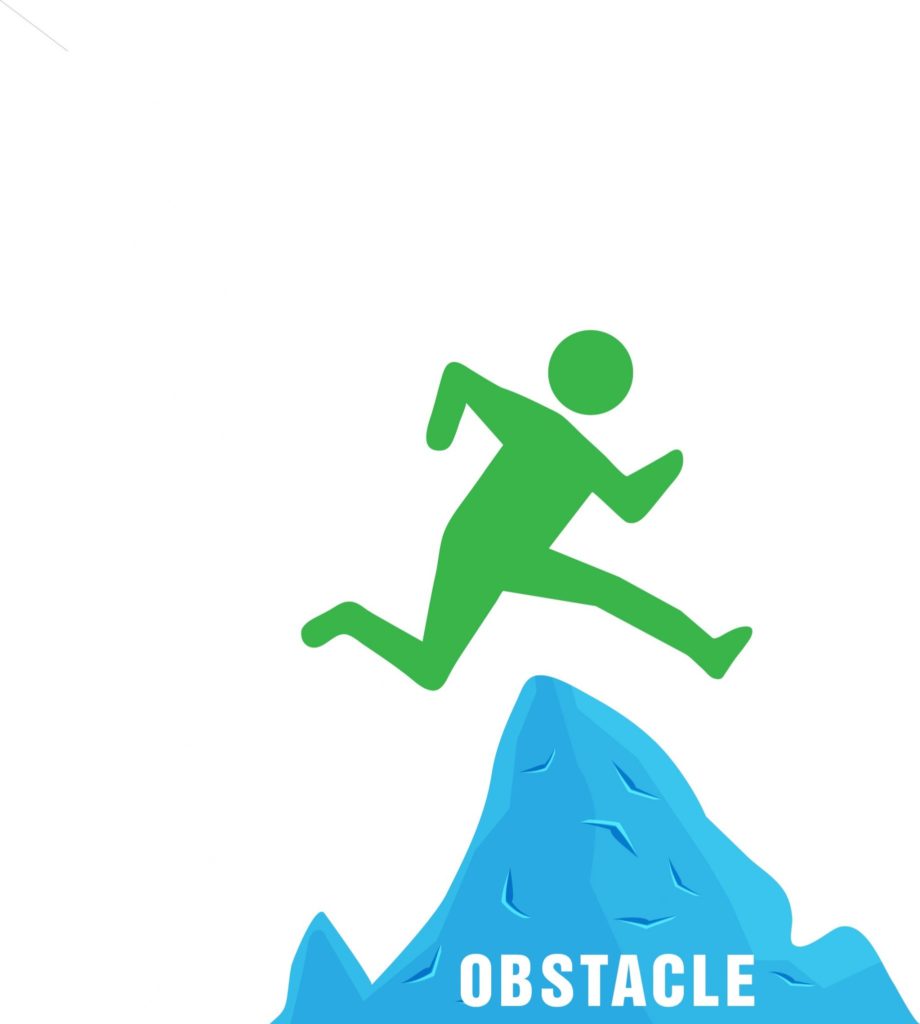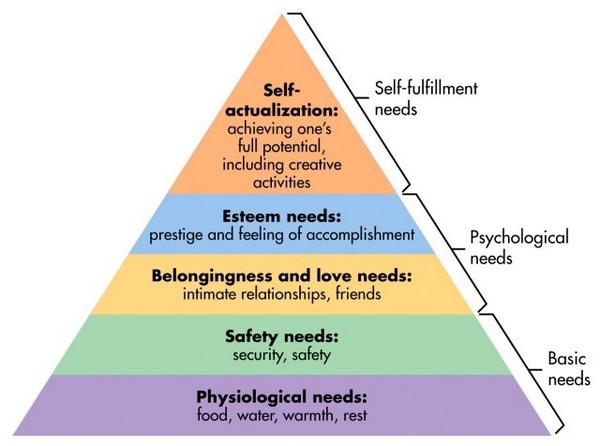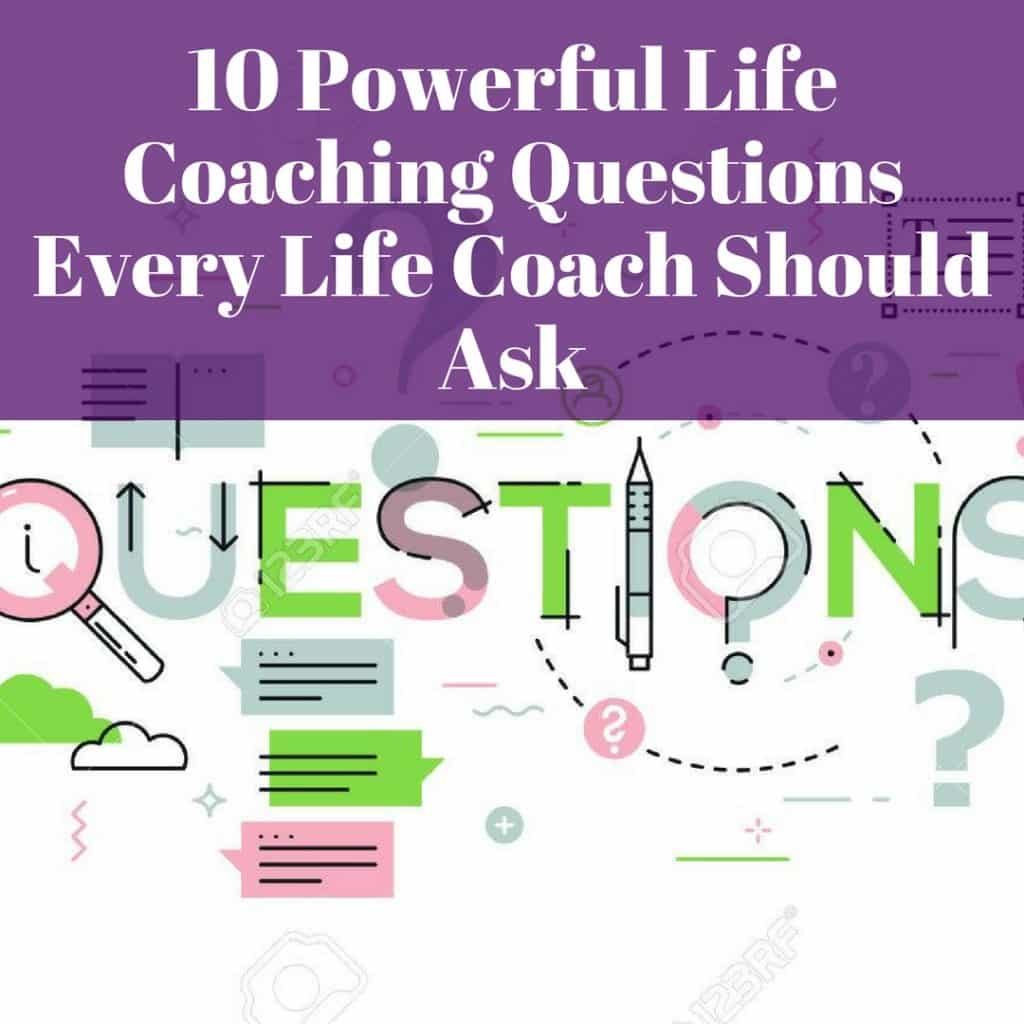So you’ve decided to become a life consultant, or you’re attempting to construct a toolbox to assist you in providing better service to your clients. The first stage is to ask your customers the appropriate life consulting questions to assist them in resolving their difficulties and gaining a better understanding of who they are.
If you are already a life consultant, you are probably well aware that the most critical aspect of consulting someone is getting to know them and developing a connection with them. And you’ve probably realized by now how vital it is to ask the appropriate life consulting questions.
If you have not yet begun your road toward becoming a life consultant, you will quickly notice this.
The most effective technique to get to know someone is to have one-on-one sessions that double as interviews.
Client interviews are critical components of the initial stage of consulting, during which you learn about your customers. If you understand them as an individual and what makes them tick, you can offer them a custom-tailored program to assist them rather than a generic approach.
Each life is unique, and each person approaches their challenges differently. The only way to truly assist someone is to understand their particular problems and assist them in overcoming them.
Offering a cookie-cutter solution would be more detrimental than beneficial since it would leave your clients feeling worse than they did during the consultation process.
Naturally, the consulting interview styles, techniques, and life consulting questions asked vary per client and consultant.
There are numerous life consultant interview questions and strategies. You will obtain varying outcomes based on how you conduct the interview.
Specific consultants prefer a detached approach, in which the consultant is approachable yet retains an air of infallibility.
This type of consultant can provide significant comfort to a client who feels secure knowing that someone else is responsible for their advancement. You can utilize this method to assist individuals unfamiliar with having any authority or control over their lives.
You can gradually acclimate kids to feeling more in charge of their lives without overwhelming them.
However, keep in mind that maintaining a distance comes at the expense of companionship and candor. To claim infallibility with a client that is entirely open and honest with you, you cannot keep any level of infallibility.
While it is beneficial for clients to perceive you as in control of your life, they are reluctant to reveal their own if you appear to have no flaws (past or current).
I recommend that you experiment with a few different things and see what works best for you naturally, rather than establishing a false identity. If you are authentic and candid with your client to the best of your ability, they will be as honest with you.
Now that we’ve discussed the various sorts of life consulting inquiries let’s discuss their significance.
Why are queries about life consulting so effective?
The consulting industry’s foundation is built on communication. If you communicate well with your client, you can assist them more effectively and save considerable time.
Because communication is a three-step process in which each information channel has its place, utilizing questions to gather information eliminates many inefficient interchanges.

When you ask for direct inquiries, the following options are available:
- You eliminate the potential of miscommunication.
- You improve your chances of receiving candid and straightforward responses.
- You are capable of skillfully directing the conversation’s flow.
- By utilizing follow-up questions, you may strengthen the accountability of all parties.
Life consulting questions enable you to gather data, boost accountability, foster connection, and kick-start self-introspection.
If you know the right questions and how to ask them, you may significantly improve your chances of success as a life consultant. Additionally, the type of questions you ask might assist you in setting the tone and pace of the sessions.
What most individuals do not grasp about the critical nature of life counseling issues is the following:
People forget that it is simpler to conceal and obscure the facts when we communicate in non-direct ways.
When customers are asked straightforward questions and then followed up on, it becomes easier for them to be candid with their consultants and with themselves. With well-phrased inquiries, you may put individuals in the position without making them feel awkward.
We all need to be truthful and put on the spot at times. How is anyone supposed to transform their entire lives, breaking decades-old behavioral patterns, when they can’t face their own darkest fears?
How can we mend anything if we don’t know what’s wrong?
Therefore, do not be scared to ask difficult questions. You are doing no one any favors by keeping things extremely comfortable.
As a life consultant or guide, it is your responsibility to assist people in overcoming obstacles they cannot conquer on their own. Therefore, inquire about anything significant; it may aid someone entirely in improving their lives.
Before we go any further, let’s look at the types of life consulting questions that you should be asking.
The following is a list of ten of the most often asked questions by clients:
The appropriate questions to ask are as follows:
The right life counseling questions urge an individual to provide the most pertinent facts in the most candid manner possible.
The types of follow-up questions you ask are critical as well, as they will enable you to determine the genuine validity of this discussion and will also assist the client in comprehending their thought process.
By employing an active and visual questioning style, you can elicit responses from clients that help them see their future, actions, and consequences.
This is critical for their development. Bear in mind that you are not a therapist. Your objective is not to elicit a response from them to what is already occurring in their lives.
Inquire about topics that promote healthy self-introspection and belief.

When following up with life consulting questions, use a technique known as ‘the 5-why analysis’.
The 5-why analysis urges you to follow up on each statement that refers to the point of failure or discontent with ‘why’-based questions.
By examining the responses to each subsequent life consulting question, we can ascertain the root cause of the problem and resolve it quickly.
The illustration on the right is an example of a model known as a ‘fishbone diagram.’
It is frequently utilized in manufacturing processes, but there is no reason why it cannot be used to trace any problem back to its logical core.
Here are some questions that I believe will assist you in getting started correctly. Please remember to follow up with essential inquiries appropriate for your client.

1. What are your objectives?
Apart from allowing you to begin by ascertaining your client’s hopes and objectives, this also enables you to ask follow-up questions to determine the significance of these objectives.
This enables you to create an effective growth strategy and manageable responsibilities for your customer.
Following questions:
- What is the reason?
- (if necessary, fishbone/5-why)
- Which of these objectives is the most critical?
- Which objective is the simplest?
- Which objective is more critical to accomplishing RIGHT NOW?
- How would it alter the course of your life?
- What are you willing to give up in exchange for it?
- What would your life be like if you achieved this today?
- If you did own it, how would you safeguard it?
- What will you do once you’ve accomplished this?
Results: By asking this question and its follow-ups, you can have a better understanding of the significance and power these goals carry for your client and their perspective on such goals.

2. What is the most precious thing to you?
Importance: In addition to eliciting information about your client’s priorities, this enables you to ask follow-up questions that elicit information about their values, the way they think about the essential things in their lives.
This is a powerful question that might prompt your customer to reconsider their requirements and values. Often, we believe that we require something when, in fact, we only desire it. This question enables you to make a clear differentiation.
Following questions:
- What is the reason?
- (if necessary, fishbone/5-why)
- How critical is it?
- If you could purchase/sell it, what monetary worth would you place on it? (where applicable)
- How do you safeguard it, or would you defend it?
- Would you have the best of this in the manner you desired to improve your life?
- What effect does it have on you and your life?
By asking this question and its follow-ups, you can not only assist children in understanding the distinction between necessities and wants and help them envision what is truly important.
3. What inspires you?
Importance: This question elicits information about what inspires your client, to what extent, and how. This also assists you in establishing an effective reward-accountability program for your client in the most impactful way possible.
Additionally, this is a powerful inquiry that can assist your customer in reevaluating their needs and values.

Following questions:
- What is the reason?
- (if necessary, fishbone/5-why)
- What is your primary source of motivation?
- How?
- To what extent do you find it motivating?
- How do you intend to use it?
- Does it actively urge you to make an instant change?
- Is it likely to have a long-term beneficial effect?
Results: By asking this question and subsequent ones, you can explain how to use these motives most effectively and the long-term consequences of damaging connections.
While using something you are frightened of may work temporarily, fear-based motivation is unhealthy and can cause people to get desensitized to the dread.
You can utilize the responses provided here to initiate a discussion about positive reinforcements and how they can assist your client in regaining control of their lives.
If you’re interested in expanding your life consulting business by asking remarkable life consulting questions, building a six-figure consulting practice, and delivering better results for customers in less than half the time, please join my free webinar here!
4. What are your roadblocks?
This is one of the most critical questions you will ask your client. When a client seeks the direction of a life consultant, they want to achieve a point of success, and these questions provide the most insight into the breadth of your position in the client’s growth.
Follow-up questions should be carefully targeted to each individual, so don’t hesitate to add to the list I provide.
Following questions:
- What is the reason?
- (if necessary, fishbone/5-why)
- Which of these has the most significant impact on you RIGHT NOW?
- Why does it affect you, and how much does it influence you?
- How are you resolving it?
- What do you believe you can do to help resolve it?
- Do you have a deadline in mind?
- How can I assist?
- If nothing changes and your life continues as is, how do you envision your life in one, two, or five years?
By posing these questions, you may assist your customer in appreciating the action vs. impact ratio of these roadblocks.
The majority of people do not take the necessary activities to overcome their hurdles because they overestimate the work required and underestimate the impact of their obstacles.
You may assist your clients in determining the appropriate amount of difficulty for the chores they need to complete and emphasize how big of an impact their inaction has on their lives.

5. How would your life alter if the most significant impediment in your way was removed? (Visual)
Importance: While understanding the extent of your failures is critical, it is also vital to be able to see a life beyond them.
They must be able to envision why they are working.
Follow-up questions should be carefully targeted to each individual, so don’t hesitate to add to the list I provide.
Following questions:
- What is the reason?
- (if necessary, fishbone/5-why)
- How does this affect your life in terms of achieving your goals?
- What are your plans for the future?
- What is the next stumbling block?
- Does this make a difference in your life?
Results: Often, obsessing over minute details of goals and chores is simpler than seeing a genuinely prosperous future that is feasible. This question can assist your client in establishing attainable goals that they can envision and then work toward.
Overcoming challenges becomes easier when you have a larger picture of your life.
6. Which aspects of your life are you unable to bear?
Importance: Occasionally, we become so tolerant of things that we get desensitized to a state of chronic discomfort. What is intolerable to another person may not even register on our radar.
To live a truly healthy life and break undesirable behavioral patterns, we must first understand what we tolerate.
Following questions:
- What is the reason?
- (if necessary, fishbone/5-why)
- How significant is it in your life?
- In what ways would you alter it?
- Would it improve your life if you gave it up?
- Conjure up an image of your existence without it
By recognizing that what we deem intolerable can be eliminated from our life, we reclaim our sense of control and freedom.
If you have a client whose primary issue is chronic overwhelm, this question and its follow-ups can assist you in getting to the base of the problem and thus eliminating it.
7. What adjustments are you willing to undertake right now in your life?
Importance: For most of our lives, there is a significant gap between what we desire and what we are willing to do. We all wish to accomplish things that will improve our lives, but our actual lives reflect which of those jobs we are prepared to undertake.

As a life consultant, it is your responsibility to assist people in creating their lives by assigning them goals and tasks that they are willing to do.
It is critical to be empathic in this situation. If your clients are not entirely candid here, you will assign them assignments that will either overwhelm or underwhelm them rather than assisting them in their growth.
Following questions:
- What is the reason?
- (if necessary, fishbone/5-why)
- How would you go about doing it?
- Can you envision yourself doing it?
- How inconvenient is it for you to do this action?
- How would it alter the course of your life?
- What are your plans for the future?
- Are you willing to accept responsibility for it?
By demonstrating the distinction between the inconvenience they connect with this activity and the influence it would have, you can assist them in developing a feasible strategy.
Contrast the growth rate and accomplishments of one client with those of another. Each client is unique and will develop uniquely.
8. What can you do today to move closer to achieving your goals?
Importance: Now that we’ve determined which steps are feasible for your customer, it’s critical to establish urgent goals.
Procrastination benefits no one and simply exacerbates sadness and the sense of powerlessness over one’s life.
After completing immediate tasks, long-term goals can be assessed and developed.
Following questions:
- What is the reason?
- (if necessary, fishbone/5-why)
- How would you go about doing it?
- Can you envision yourself doing it?
- How inconvenient is this action for you?
- Are you willing to take the risk?
- What effect does it have on your life?
- How are you going to hold yourself accountable for it?
- What is the following step?
- How can I assist?
The results of this phase will indicate how their willingness to perform specific tasks compares to their desire to begin immediately. Once you and your client agree on what is feasible, the procedure will go much more smoothly.
9. How do you incentivize yourself?
Importance: Because impulse, incentives, convenience, discomfort, and comfort are all inextricably intertwined, the way we reward ourselves for a task well done may not be optimal.
Consider the following scenario: A person attempting to live a healthier and fitter lifestyle treats themselves with a pint of ice cream following each workout session. This incentive is inconsistent with the pattern of conduct that is most conducive to accomplishing their goals and is causing them significant setbacks.

We must recognize that there is a distinction between what we require and what we desire and that the two may never coincide.
According to Maslow’s beliefs, there is a hierarchy of wants, and it would be wise to meet them in sequence.

Following questions:
- Why do you do this to yourself?
- (if necessary, fishbone/5-why)
- What do you consider to be deserving of reward?
- What effect do these rewards have on your life?
- What makes you believe that is a reward?
- What would happen if you abandoned self-indulgence?
- How do you define praise?
This stage will assist your client in determining the extent to which their reward routines are ingrained and whether they are genuinely beneficial.
Utilize these questions to develop a more effective reward/accountability program for your client, balancing their rewards, accomplishments, and desire to reward themselves.
10. What brings you joy?
Importance: It is critical to understand what makes us happy, both long-term and short-term. Here is a quiz to determine your happiness quotient.
Happiness is a factor in a variety of situations. Our surroundings, nature, nurture, culture, and community all have an equal impact on our happiness scale as the events of our lives do.

- What is the reason?
- (if necessary, fishbone/5-why)
- How content are you at the moment?
- How do you define happiness?
- How important is happiness to you?
- How does happiness influence you?
- What would provide you immediate happiness?
- Consider how your life will be in 30 days if no adjustments are made. How content do you believe you are at the moment?
- What has to change for you to be happy 30 days from now?
Once you understand the magnitude of your client’s delight, you may adjust your strategy accordingly. Bear in mind that you must consider all of the things that contribute to that level of satisfaction.

Depending on the client’s needs, you may need to incorporate certain happiness-inducing activities into the development plan.
Remember that these questions are only one tool in your consultant toolbox. The types of consulting questions you should ask should vary according to your clients. Be empathic and check infrequently.






